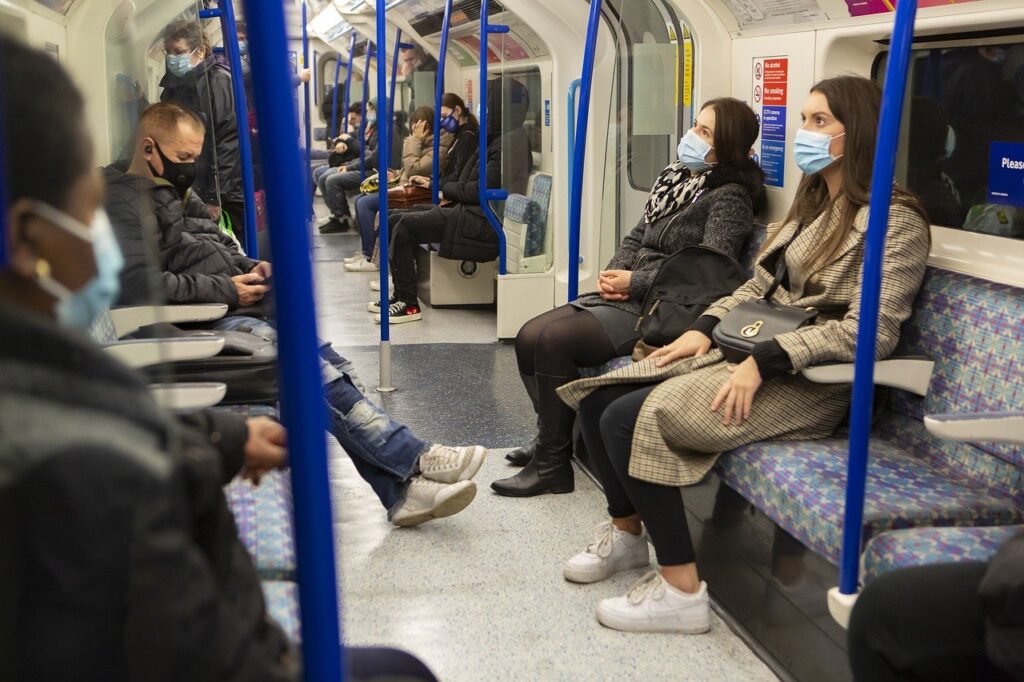Three Times to Consider Wearing a Face Mask, Even After COVID
With COVID-19 vaccines now widely available and the number of cases of people contracting coronavirus continuing to decline, the government is easing up on some COVID protocols. The CDC has already said it’s safe for vaccinated people to go without a face mask in most places. But don’t throw away your masks just yet. A recent article in HuffPost pointed out a few situations where you may consider still wear a mask, even when COVID-19 is no longer a concern:
When you are sick. During the pandemic, we learned that face masks are highly effective at reducing COVID-19 cases because they help contain the spread of respiratory droplets. Because people were wearing masks this past year – coupled with staying home and frequent hand washing – we saw a record low number of cases of the flu. So, going forward, if you are sick please stay home. And, if you must go out, then wearing a face mask to can help reduce the spread of infection to others.
In crowded, indoor spaces. COVID-19 taught us that close contact in poorly ventilated spaces puts you at risk. So, in places with poor air circulation, such as packed theaters and public transit, where physical distancing is difficult, wearing a mask can help protect you from virus spread.
When traveling. COVID-19 outbreaks are still occurring around the world and vaccination rates are extremely low in some countries. To protect yourself, you may want continue wearing a mask when traveling, especially to high-risk areas.
Hopefully it will be a long time before we experience another pandemic, but it’s important to note that even common respiratory illnesses, like the common cold and flu, spread easily. So, don’t be afraid to wear your face masks even after the coronavirus is no longer a major health concern. One thing we learned from COVID-19 is that wearing masks and social distancing can help us from contracting and spreading disease.
The Seniors Trust is committed to improving the lives of seniors by highlighting important information about COVID-19 and by working to improve Social Security. We want to see Congress pass the Social Security Expansion Act. This landmark piece of legislation will provide bigger monthly Social Security benefits, establish a more realistic cost-of-living adjustment (COLA) for seniors, and guarantee the long-term solvency of the Social Security program.


